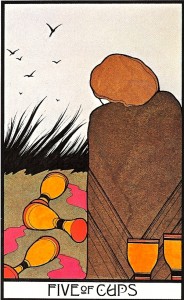 Before AIDS was so termed, an early victim of this incurable virus came into my therapy office to prepare for his death. Diagnosed with “Kaposi Sarcoma,” his mysterious lesions continued to spread throughout his body, he had lost 40 pounds, was weak and chronically fatigued. The experimental chemotherapies undertaken at Stanford Hospital in Palo Alto, California had done nothing to improve his condition. David, age 55, a Ph.D., a retired school principal and life-long educator, to his credit had accepted that he was dying of some mysterious illness and now desired to psychologically ready himself (and his lover) to this tragic fate.
Before AIDS was so termed, an early victim of this incurable virus came into my therapy office to prepare for his death. Diagnosed with “Kaposi Sarcoma,” his mysterious lesions continued to spread throughout his body, he had lost 40 pounds, was weak and chronically fatigued. The experimental chemotherapies undertaken at Stanford Hospital in Palo Alto, California had done nothing to improve his condition. David, age 55, a Ph.D., a retired school principal and life-long educator, to his credit had accepted that he was dying of some mysterious illness and now desired to psychologically ready himself (and his lover) to this tragic fate.





